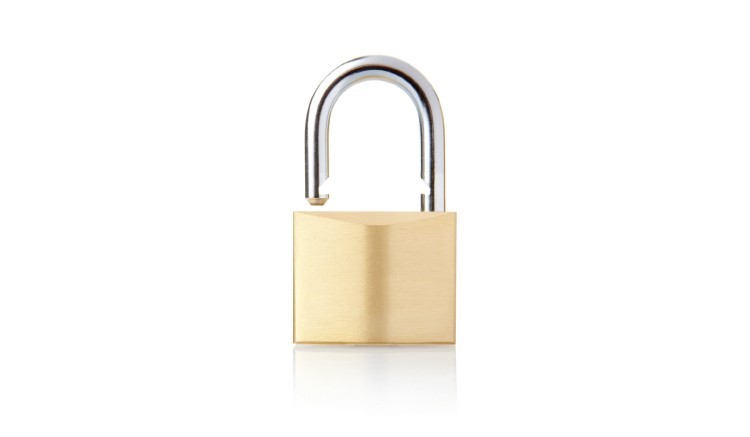By Henry Flores & Kyle Hunter, Staff Attorneys | Office of Court Services
In 2014, the landscape of expungement jurisprudence in Indiana changed significantly. Prior to that point, while it was more difficult to obtain one, an expungement resulted in the destruction, or removal, of all records of a criminal charge. But in 2014, the General Assembly amended the expungement statute so that an expungement can no longer destroy a criminal record; the amended statute merely provides a mechanism to seal a criminal record.
Now, because expunged records are simply sealed instead of destroyed, clerk’s offices and trial courts face the difficult question of whether, and to what extent, disclosure of expunged records is permitted. It will likely not come as a surprise that the answer is, “it depends.”
 Indiana Code 35-38-9-1 et seq. permits the expungement of arrests or juvenile delinquency allegations not resulting in convictions or adjudications, most misdemeanor and low-level felony convictions, and some more serious felony convictions. See I.C. §§ 35-38-9-1 through -5. Expungements granted under these three general categories result in three different remedies.
Indiana Code 35-38-9-1 et seq. permits the expungement of arrests or juvenile delinquency allegations not resulting in convictions or adjudications, most misdemeanor and low-level felony convictions, and some more serious felony convictions. See I.C. §§ 35-38-9-1 through -5. Expungements granted under these three general categories result in three different remedies.
First, under I.C. 35-38-9-1, expungements of arrests, criminal charges, juvenile delinquency allegations, vacated convictions, or vacated juvenile delinquency adjudications require the clerk to “redact[ ] or permanently seal[ ]”
the records. I.C. § 35-38-9-1(f)(2). If a clerk or court receives any request for information regarding an expungement granted under this section, a recommended response is that no information is available for the case number provided.
Second, I.C. 35-38-9-6 provides the remedy for expungements granted for most misdemeanors (see I.C. § 35-38-9-2) and Class D or Level 6 felonies (see I.C. § 35-38-9-3). Section 6 provides that an expungement under sections 2 and 3 “permanently seal[s]” any records relating to the conviction and any records concerning a collateral action. As an exception, records expunged under sections 2 and 3 may be released to “a law enforcement officer acting in the course of the officer’s official duty.” I.C. § 35-38-9(a)(1). Additionally, other individuals like a defense attorney, prosecutor, or probation department employee may gain access to records sealed under section 6, but only by court order and for limited purposes. I.C. § 35-38-9-6(a)(3). As with section 1, a recommended response to a public inquiry about cases expunged under sections 2 or 3 is that no information is available for the case number provided.
Finally, I.C. 35-38-9-7 provides the remedy for all other qualifying felony convictions (see I.C. §§35-38-9-4, -5). Expungements granted under sections 4 and 5 are marked expunged, but “remain public records.” I.C. § 35-38-9-7(b). Under this scenario, the clerk or court may disclose records expunged under sections 4 and 5, provided that the records are clearly identified as expunged.
It is also important to note that in addition to expunged conviction/arrest records, the expungement case itself, which is filed with an XP cause number, is to remain confidential if the expungement is granted. See I.C. § 35-38-9-10(i) (“An expungement case, and all documents filed in the case, becomes confidential when the court issues the order granting the petition.”) However, before the petition is granted, documents filed in the case are not confidential, and any hearing held in the case “shall be open.” Id.
In sum, clerks and courts must exercise both diligence and caution before disclosing information related to expunged records. The decision to disclose, as outlined above, depends exclusively on the statute upon which a petitioner was given relief. Section 2 and 3 expungements may not be disclosed to the public. Section 4 and 5 expungements may be disclosed to the public but must be properly labelled as expunged.